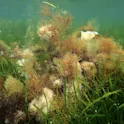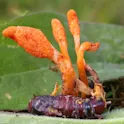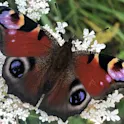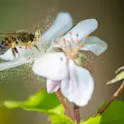
Environment
21 Jul 2023
Tourists help scientists reveal microplastic pollution on remote Arctic beaches
by Angharad Brewer Gillham, Frontiers science writer Image/Shutterstock.com We know that microplastic contamination has reached the Arctic, but quantifying the amount that appears on beaches and understanding where it came from is difficult. Scientists asked tourists on Arctic cruises to take part in a program of sample collection while visiting Svalbard and used these samples to identify microplastics that probably originated from ships and fishing net. Tourists acting as citizen scientists have helped a research team detect microplastics on remote Arctic beaches. The global scale of plastic production means that these tiny fragments of plastic are now ubiquitous, and scientists fear that ocean currents will cause plastic to accumulate in the Arctic, damaging ecosystems. But our knowledge of the scale and type of plastic pollution in the Arctic is incomplete. Researchers recruited holidaymakers to carry out sample collection during cruises, hoping to fill in some of the gaps in their knowledge. “Plastic pollution is now ubiquitous. It is found on land and in soil and most rivers of the world,” said Dr Bruno Walther of the Alfred Wegener Institute, Helmholtz Centre for Polar and Marine Research, author of the study in Frontiers in Environmental Science. “It is even found in […]









